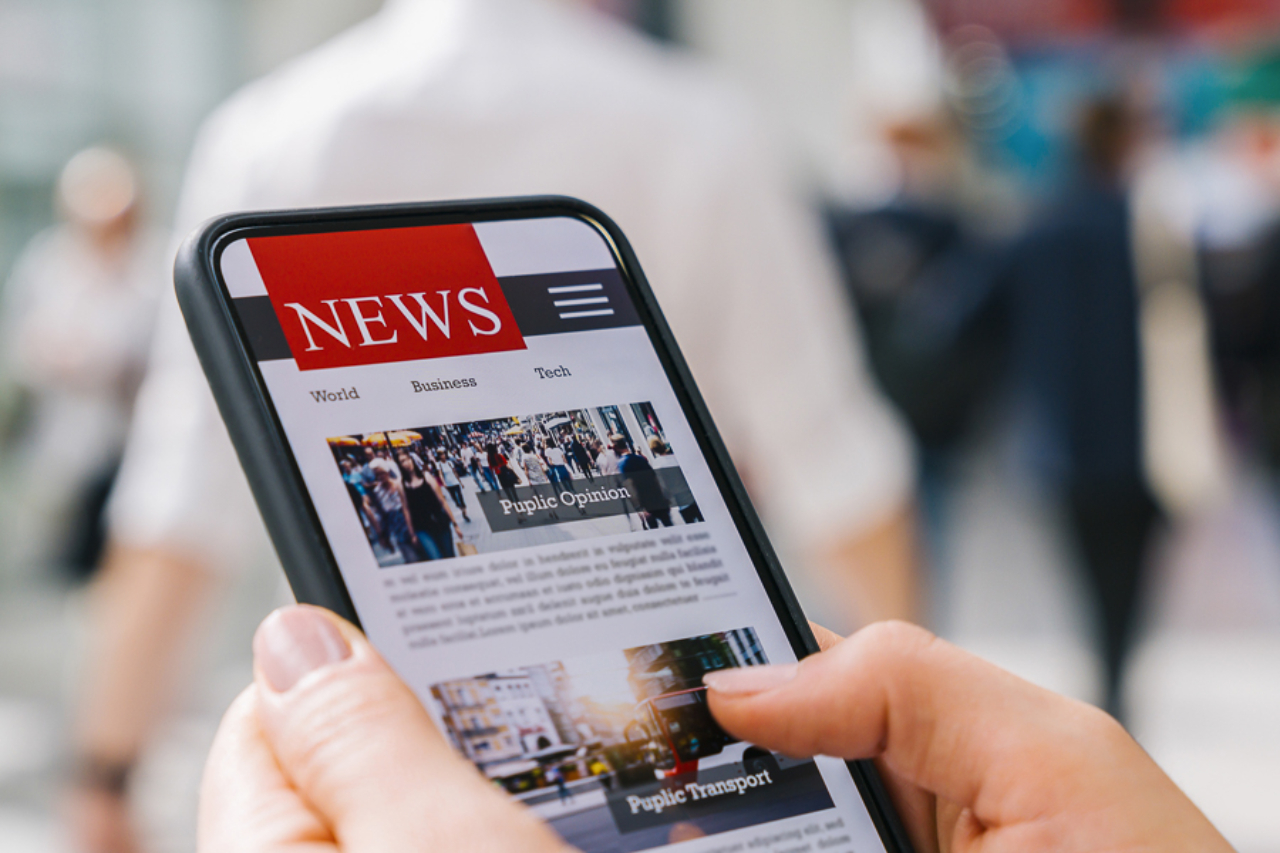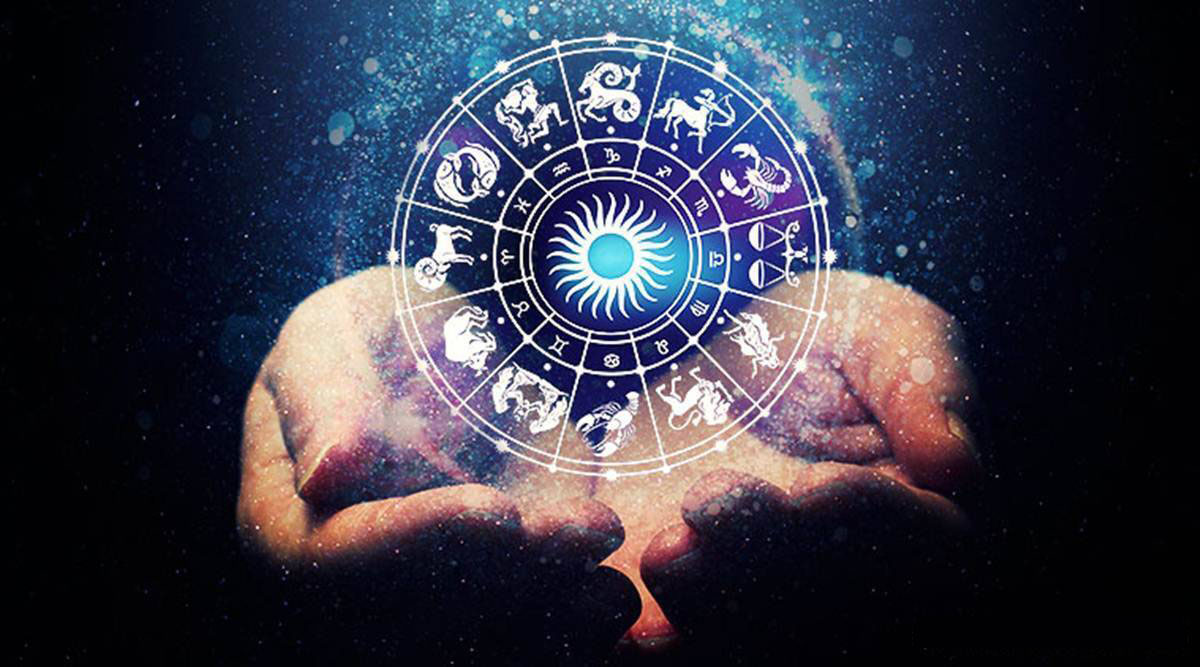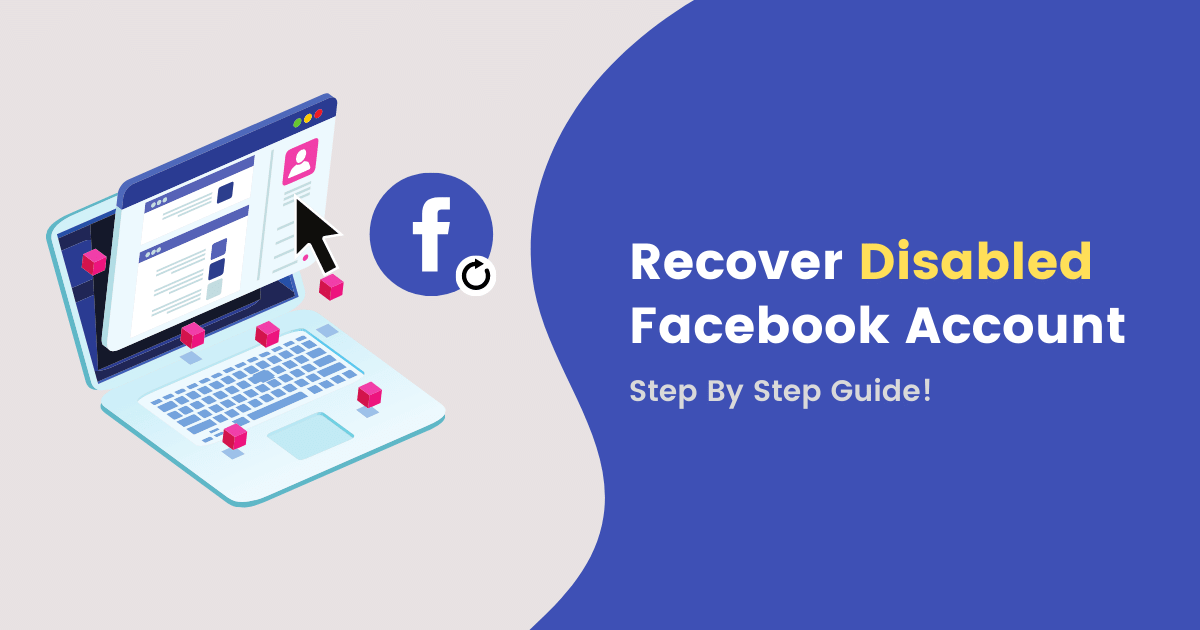Media outlets play a significant role in shaping public opinion, and it’s essential to understand why they have political affiliations. In this article, we’ll delve into the reasons why media outlets align themselves with specific political ideologies and the implications of this practice.
The history of political affiliations in media outlets
Media outlets have had political affiliations since the early days of journalism. In the early 1800s, newspapers were openly partisan, with each outlet aligned with a political party. This practice continued well into the 20th century when the rise of television news brought a shift towards objectivity and impartiality.
However, the notion of impartiality is a subjective concept, and media outlets continued to have political leanings. In recent years, the rise of social media and alternative news sources has led to a resurgence of openly partisan media outlets.
Why do media outlets have political affiliations?
Media outlets have political affiliations for various reasons, including ideological alignment, financial gain, and to appeal to a particular audience. Political ideology is a crucial factor in media affiliations, as it shapes the news outlets’ editorial policies and perspectives.
Financial gain is another crucial factor. Media outlets need to attract advertisers to generate revenue, and aligning themselves with a particular political ideology can help them appeal to specific advertisers.
Lastly, media outlets may have political affiliations to cater to a particular audience. By aligning themselves with a political ideology, they can attract a specific demographic of viewers or readers.
The implications of media affiliations
Media affiliations have significant implications on the way news is reported and consumed. A media outlet with a political affiliation may be biased in its reporting, selectively choosing stories that support its ideology and ignoring those that don’t.
This practice can lead to a polarized media landscape, where individuals consume news that reinforces their beliefs and values. It can also undermine the public’s trust in the media, as they may view them as partisan and untrustworthy.
Conclusion
In conclusion, media outlets have political affiliations for various reasons, including ideological alignment, financial gain, and to appeal to a particular audience. These affiliations have significant implications on the way news is reported and consumed, and it’s essential to be aware of them.





